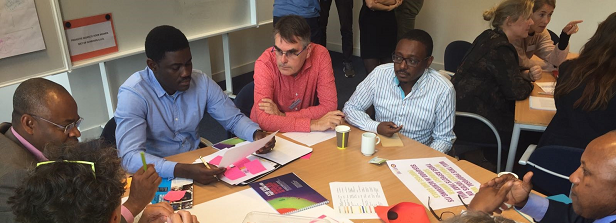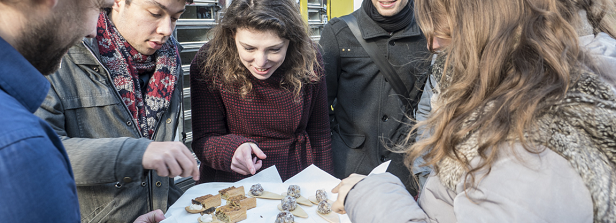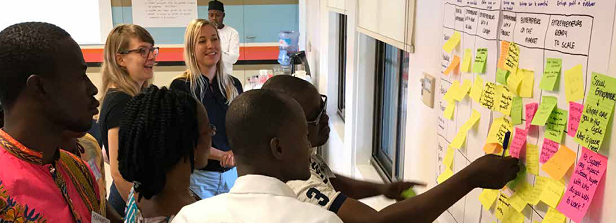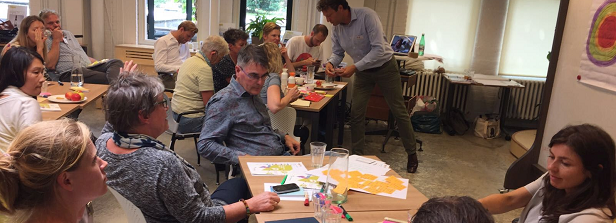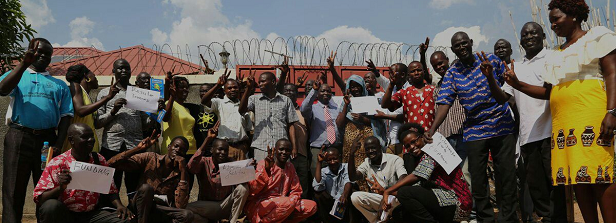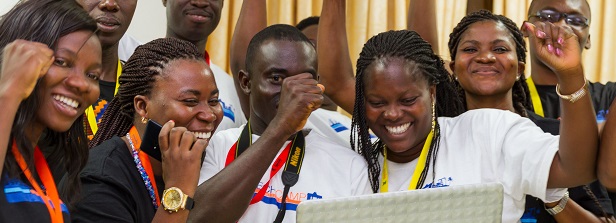Social Entrepreneurship
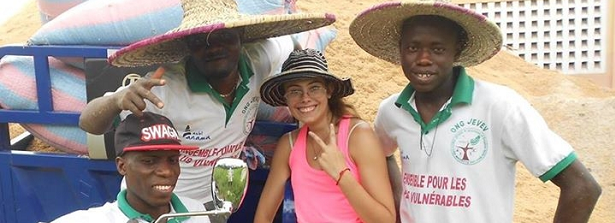
Social entrepreneurship a new concept in food security policies
Social entrepreneurship is a concept of doing business with a social mission having the potential to increase Food and Nutrition Security (FNS). However, little is known about social entrepreneurs, in particular those operating in LMICs, and social entrepreneurship often is not often high on policy agendas for FNS. Therefore, within the Food & Business Knowledge Platform a learning trajectory is being supported to gain better insights in the concept, challenges and opportunities for entrepreneurs, their supporting organisations and actors in their eco-system and facilitate the creation of Social Entrepreneurship knowledge hubs in various Dutch DGIS partner countries active in the field of FNS.
Exploring knowledge activities
A first inventory with social entrepreneurs and impact investors in the Netherlands on the role of social entrepreneurship for FNS concluded that little is still known about their potential contribution.
Subsequently a literature review was conducted to give insight in main opportunities, challenges and lessons learned of some social entrepreneurs working on food security. It showed that making an earned income, engaging with local communities, and being a part of important stakeholder networks not only defines the social enterprise but also its successes by increasing social impact (e.g. FNS). Specific challenges for serving rural communities have to be met in addition to dealing with powerful stakeholders, complex governance structures, and working with various pay models that are suitable for the poorest of communities. This review asked for additional insights from practices of social entrepreneurs working on food security in LMICs specifically.
As a result, a mapping of these entrepreneurs within their ecosystems through a more bottom-up methodology was executed in seven Dutch DGIS partner countries in Africa and Asia. It concluded that self-organization is important, support organizations are less connected with rural areas and within the wider ecosystem a lack of cohesion and coordination was discovered.
SES4Food
As a result the SES4Food programme was initiated. The programme aims to connect social entrepreneurs, support organizations, market actors and private sector investors (including diaspora) and empower these actors to work together effectively in order to better contribute to FNS and sustainable food value chains (SDG2). After the establishment of SES4Food, two meetings were held with a Community of Practice within the Netherlands, discussing the report as well as possible follow-up activities. One of those was an additional study to explore opportunities to leverage embassy food security programmes with social enterprise and support opportunities in Dutch DGIS partner countries.
This had been taken up by the established SES4Food initiative (SocietyWorks & UNITAR) with WUR (WenR) between whom in 2018 a Memorandum of Understanding was signed. The consulted Dutch embassies (EKN) and Programme staff, supporting organizations and social entrepreneurs interviewed have seen several pathways in which social entrepreneurs have the potential to contribute to FNS impact. According to social entrepreneurs themselves, they would need various forms of support to contribute to this impact. The SES4Food programme would address several of their needs and provides an offline structure and online tools to monitor the development of the social entrepreneurs and measure their impact.
Foreseen are follow up workshops to explore the possible effects of strengthening networks and the available support mapped out. Besides, a focus geographic area are planned to be established, with running EKN Agribusiness Programmes, after which LinkingPins should be trained and follow-up social entrepreneurship mapping exercise can take place.
Parallelly, an active (mainly online) SES4Food exchange network and knowledge exchange group from the seven mapping and four additional countries has been blossomed with social entrepreneurs and related stakeholders exchanging within and between countries on their experiences (see Facebook).
SES4Food works from five principles: Being a connector; Non-linear thinking; Relation-base; Learning with storytelling at its heart; Action-oriented problem solving. As such it fits well in the F&BKP agenda as a non-usual knowledge contributor to SDG2.
